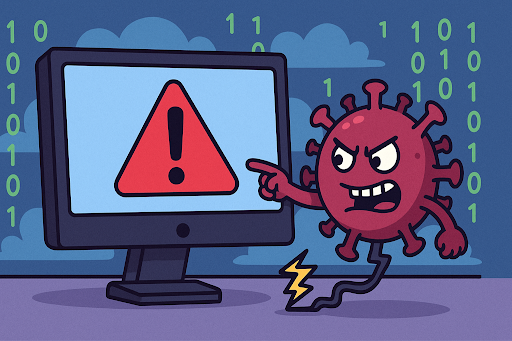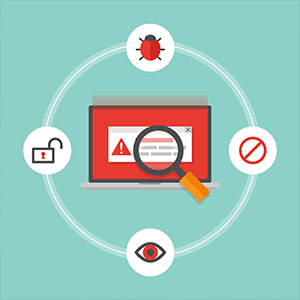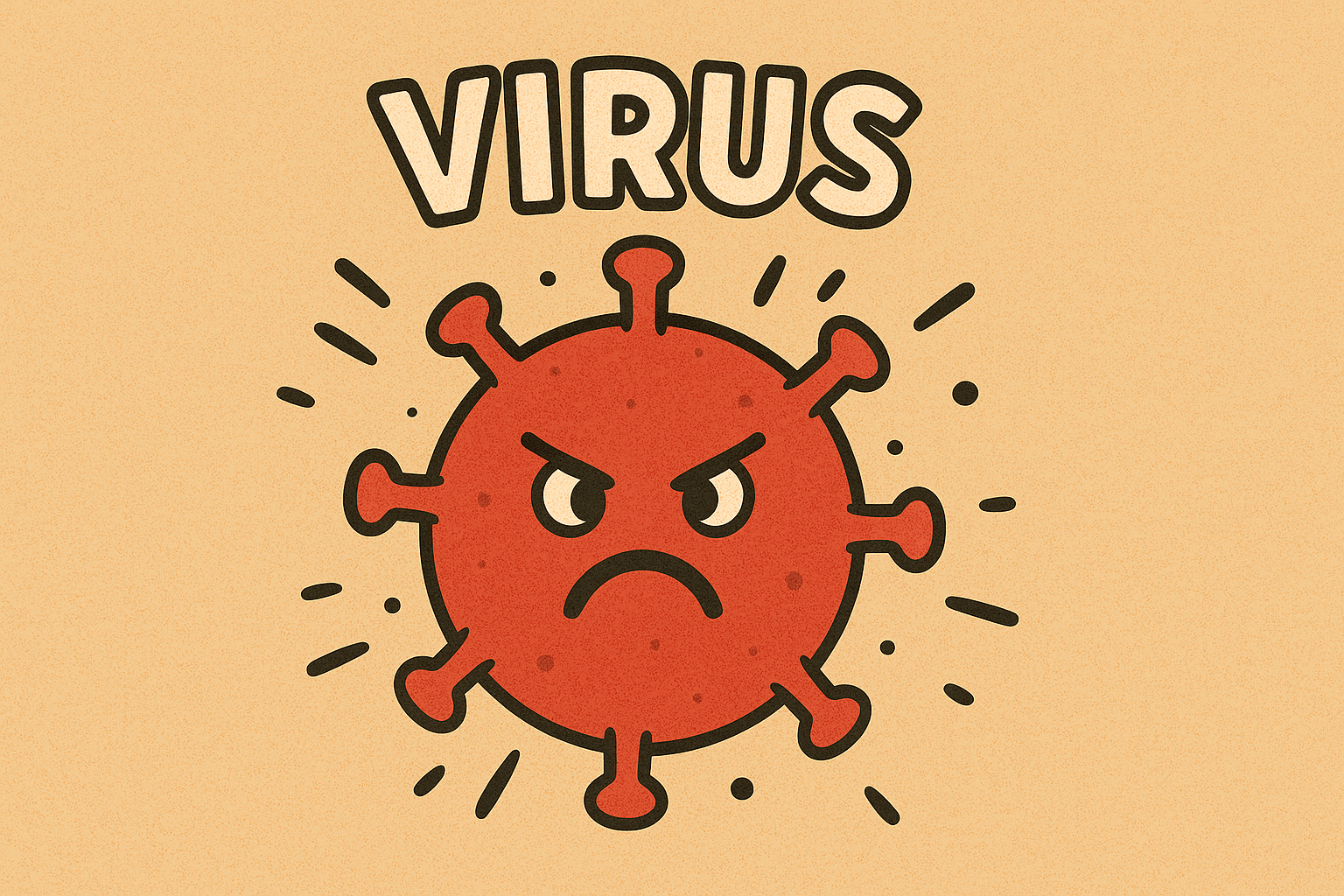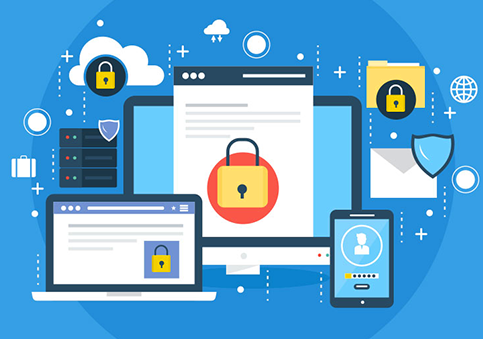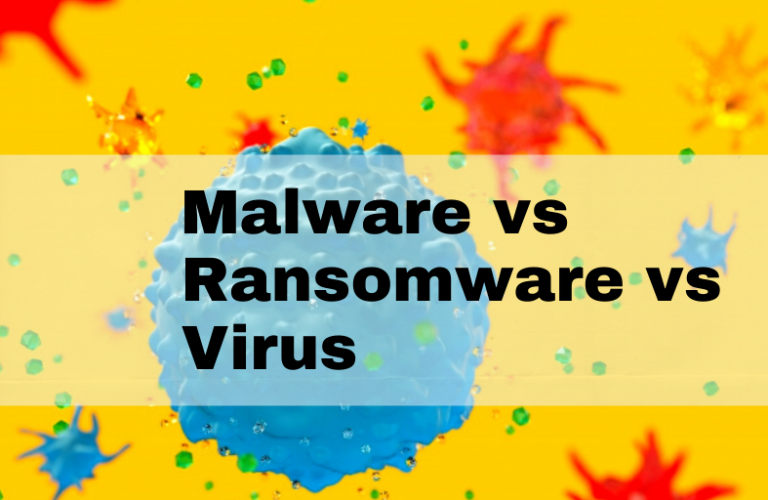What Is Data Security?
Updated on October 11, 2022, by Xcitium

The terminology “Data security” refers to the protective measures of securing data from unapproved access and data corruption throughout the data lifecycle. Today, data security is an important aspect of IT companies of every size and type. In the process, they deploy data security solutions which include tokenization, data encryption, and key management practices that protect data.
Data security is also known as System Data Security, Information Security or Computer security.
Why Data Security Solutions?
Data is an important asset to any organization and thereby, it is essential to safeguard it from online criminals. Organizations across the globe are investing heavily in information technology (IT) to deploy the best of cyber defense capabilities.
Basically, organizations are focused on protecting three common elements namely people, processes, and technology. This inwardly protects intellectual capital, critical infrastructure, customer information, brand and much more. Data security is not just important for organizations. Data protection comes into play on the personal computer, tablet, and mobile devices which could be the next target of cybercriminals.
Normally, remote devices that connect with an organization get targeted by attackers to tap the sensitive information. This is were the endpoint protection, endpoint security comes into play, it helps to protect and maintain the devices connecting the network.
Data breaches and cyber-attacks are anticipated to increase in the due course of time as the computer networks expand. It is important to have the right Data Security Solutions in place to meet the challenging threats.
Types Of Data Security And Their Importance
Data security software protects a computer/network from online threats when connected to the internet. The data security software may also protect other areas such as programs or operating-system for an entire application. Its goal is to recognize rules and actions to apply against strikes on internet security. There are several types of security, and they are:
Network Layer Security
The cryptographic techniques also protect TCP/IP (Internet protocol) alongside other internet protocols that have been designed for protecting emails on the internet. The techniques include SSL and TLS for the traffic of the website, PGP for email and for network security its backed by IPSec.
IPSec Protocol
The IPSec Protocol was initially developed for guarding interaction using TCP/IP. It was designed by the IETF, and it provides security and verification by using the method of cryptography, the data is modified using security methods. The two main aspects of modification that form the reasons for IPSec are Authentication Header (AH) and Encapsulating Security Payload (ESP).
Email Security
The protective measures employed to safeguard the access and content of an email account or service is called Email Security. Basically, the electronic mail is composed, saved, and delivered in multiple step-by-step procedures that start with the message’s structure. An email security software is implemented by the service provider to secure subscriber email accounts and data from hackers.
Data Security vs. System Security
Data security refers to the efforts that an organization takes to guarantee that the information stored isn’t deliberately accessed or accidentally deleted or modified, manipulated or otherwise abused for illegal money-making. System security works closely associating with data security. System security protects everything that an organization wants to ensure in its networks and resources. Simply put, data security is meant to protect the information and system security is what protects the information containing the devices and network. Xcitium offers one of the best 360 degree protection for data and resources.
Lets quickly go through some of the common techniques of cyber attacks. Know how your organization can mitigate these risks.
Backdoor Attack – Not all the computer networks are secure as they seem. Seldom programmers leave codes open that enable the troublemakers to access a network completely. As a matter of fact, cybercriminals look for such exploits and make use of the weak points. Always be vigilant to review the code for any customized software used on your organization and that software-as-a-service and platform-as-a-service suppliers are not vulnerable to these kinds of attacks.
Denial of Service (DoS) Attack- Instead of sneaking into a computer network to loot valuable data, malicious people may try overpowering the network by trafficking it with loads of requests for service, slowing access and network-reliant operations to a crawl. A usual denial of service attack can be stopped by blocking the attacker’s IP address. However, a more complicated attack type, distributed denial of service (DDoS) attack, is difficult to hold, as it includes numerous IP addresses. But, today many vendors market solutions that decrease the effects of DDoS attacks.
Direct Access Attack- People accessing physical assets in your organization would easily access your most confidential information. Fraudsters who desperately want to lift the data can easily steal hard drives, flash drives, and laptops or break into your office, and copy the information they want. Thereby, it is safer to heighten security by providing employee training, and information encryption.
Malware Attack- Malicious software/malware attack are very common these days. An intruder gains access to the computer network and then encrypts all the valuable data without a trace. In order to access your data, you need to get the encryption key, and you must pay a ransom. The payments are made through bitcoin and there are possibilities that the ransom escalates in price over time. Malicious programs sneak into your system or network through a virus or worm, so instruct the employees about the online threat of clicking on suspicious linkings or opening unknown attachments.
Use Of Xcitium 360 Protection
Xcitium offers the best endpoint protection for your business. Our Endpoint Protection or Endpoint Security provides the solution to defend and secure the endpoints from unknown malware or advanced persistent threats or zero-day exploits. Traditional Antivirus cannot be a complete solution to drive out the inflexible threats in a network. Endpoint security presents absolute security solutions guaranteeing complete data protection for enterprises. Endpoint Protection provides unified security solutions to secure your workstations, servers, and devices that are connected to access the enterprise networks. For more details on the product visit our official page!
See Also:



 (3 votes, average: 3.67 out of 5, rated)
(3 votes, average: 3.67 out of 5, rated)